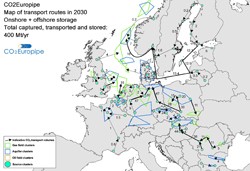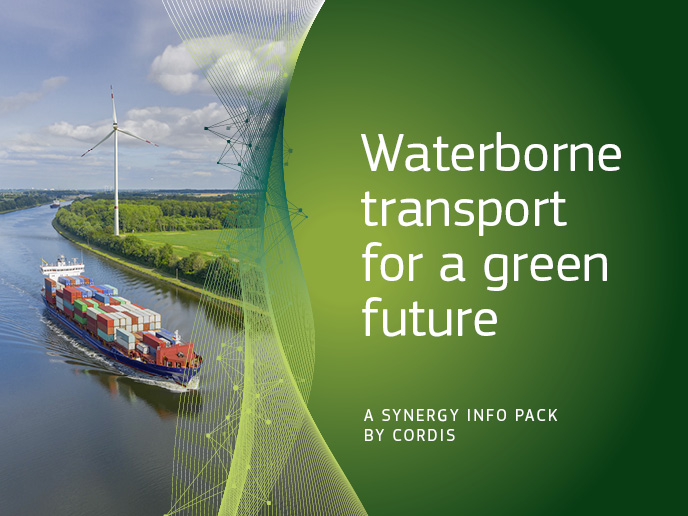European teamwork helps win emissions reduction game
CO2 is associated with global warming and climate change. In this context, carbon capture and storage (CCS) technologies are critical in preventing the release of large quantities of CO2 into the atmosphere from the use of fossil fuels. Technology for large-scale capture of CO2 and its transportation is well developed. Storage in onshore and offshore sites via injection into geological formations is also being realised. However, integration and scale-up for large-scale European implementation beginning in 2020 is a major challenge. European scientists initiated the EU-funded CO2EUROPIPE(opens in new window) (Towards a transport infrastructure for large-scale CCS in Europe) project to prepare the transition. Investigators developed the business model based on a number of realistic scenarios. CO2EUROPIPE defined the required infrastructure for transport as well as injection facilities at storage sites. Studies included assessment of technical and organisational aspects as well as legal and environmental hurdles to achieving a large-scale, European-wide CO2 transport infrastructure. The largest potential offshore storage capacity resides in the North Sea. Project analyses demonstrated the need for thousands of kilometres of new pipeline. Along these same lines, the consortium encouraged permission for onshore storage to assure a level playing field for Member States that are located at a distance from the North Sea. Scientists recommended establishment of an expert authority to coordinate cross-border infrastructure development and to minimise technical, regulatory and legislative cross-border transport issues. A dedicated tax, revenue and burden-sharing system was proposed to financially support the infrastructure. Benefits of enhanced oil recovery techniques, in which additional oil produced could help finance the infrastructure, were evaluated and suggestions made for rapid implementation. Many test cases and pipeline projects have been initiated, with the results available on the project website. Overall, CO2EUROPIPE made important progress in defining the technical, legal and organisational issues related to a European-wide CCS infrastructure to begin in 2020. Cross-border cooperation among Member States will be critical on every level. The challenge is great but the potential rewards are greater.







